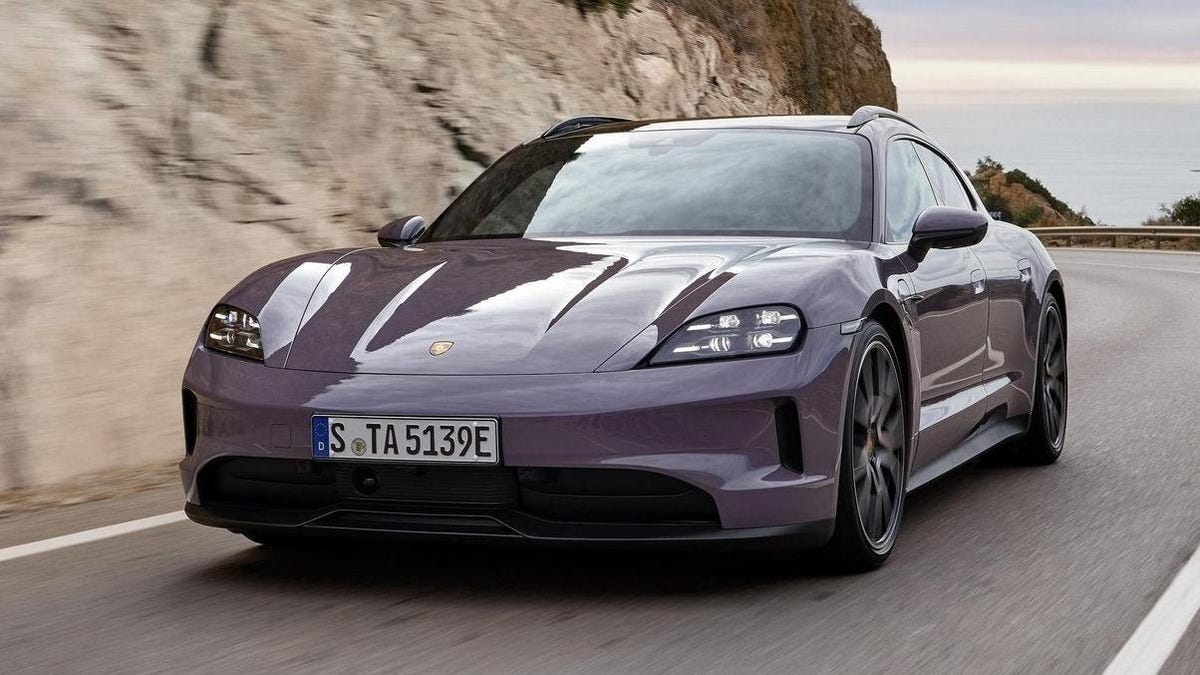Porsche found itself in a bit of a pickle recently when a bunch of cars that were headed to the U.S. were impounded at the port of entry. Initially, a source told us that it was because they used a microchip that was manufactured in Belarus, which violated international sanctions, but when we contacted Porsche for a comment, it denied our source’s claim. Based on a new report from the Financial Times, though, Porsche may actually have a bigger public relations issue on its hands.
According to the report, the real reason Porsche can’t currently sell its cars in the U.S. is because a supplier found that the Chinese manufacturer of a subcomponent violated anti-forced labor laws. Apparently, this issue doesn’t only apply to Porsches, either. Bentleys and Audis are reportedly included, as well. The Financial Times’ sources claim that neither the automakers nor the supplier were aware that the manufacturer was using forced labor, and we fully believe them. Still, no one comes out looking good when slavery is involved.
Following the passage of the Uyghur Forced Labor Prevention Act of 2021, the U.S. banned the import of products that were produced using forced labor in Xinjiang and other areas of western China. Porsche’s parent company Volkswagen has faced criticism recently over its joint ownership of a factory with China’s SAIC in Urumqi, the capital of Xinjiang. The Financial Times’ sources could not, however, confirm that the subcomponent in question was manufactured in Xinjiang.
Human rights groups have been highly critical of what many see as violations of basic human rights in the region, with the United Nations claiming that what China is doing may constitute “crimes against humanity.”
Volkswagen reportedly discovered that the subcomponent used in many of its vehicles contained an illegal part sometime in mid-January and told customers waiting for their cars that it had an issue with “a small electronic component that is a part of a larger control unit, which will be replaced.” Unfortunately for customers, it will likely take until late March for all the components to be replaced. Still, we’d like to think they’ll understand that it’s worth the wait to not own a car that was built with a part that was likely supplied by slave labor.
Volkswagen has since issued a statement saying:
We are working to rectify a delay in delivering certain Volkswagen Group vehicles from ports to dealers due to a customs issue. This relates to a small electronic component – part of a larger control unit – which is in the process of being replaced as parts arrive. Deliveries continue, however some unavoidable delays may occur, for which we apologize. We are contacting each customer to keep them informed.
Volkswagen takes allegations of infringements of human rights very seriously, both within the company and in the supply chain. Of course, this also includes any allegations of forced labor. We are constantly analyzing our processes and improving them on an ongoing basis. When we receive information on human rights risks or potential infringements, we strive to remedy them as quickly as possible. As soon as we received information of allegations regarding one of our sub-suppliers, we have been investigating the matter. We will clarify the facts and then take appropriate steps. These may also include the termination of a supplier relationship if our investigations confirm serious violations.

